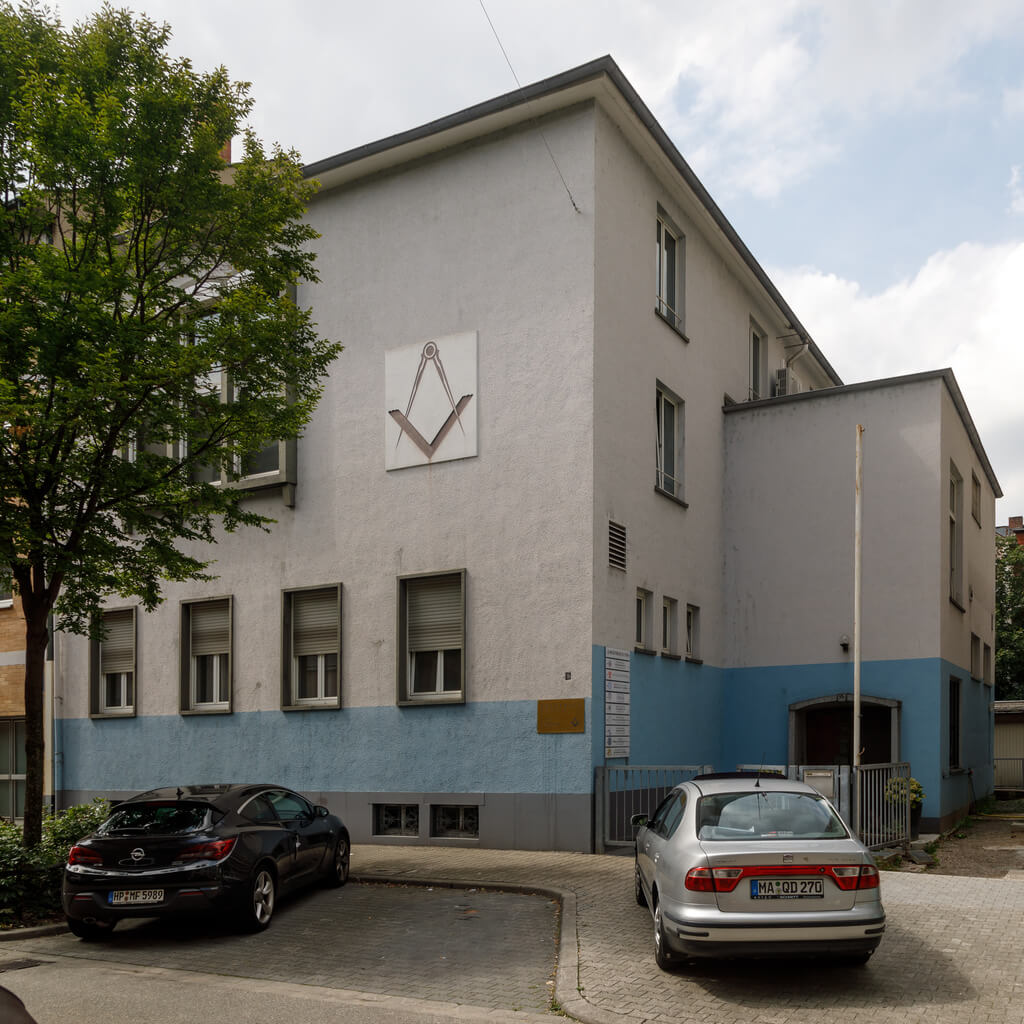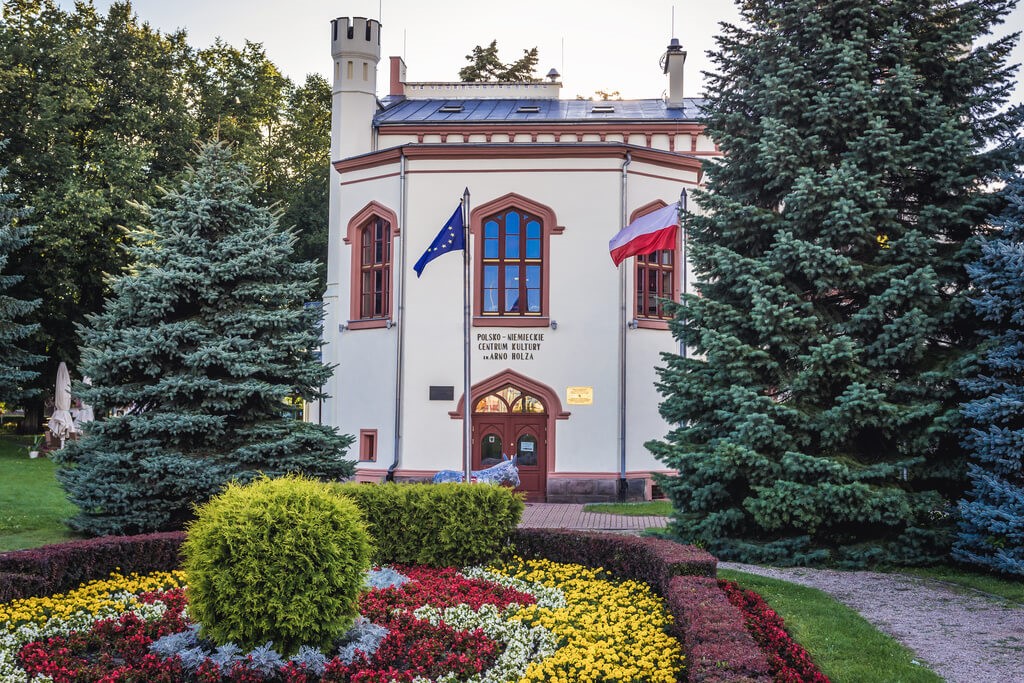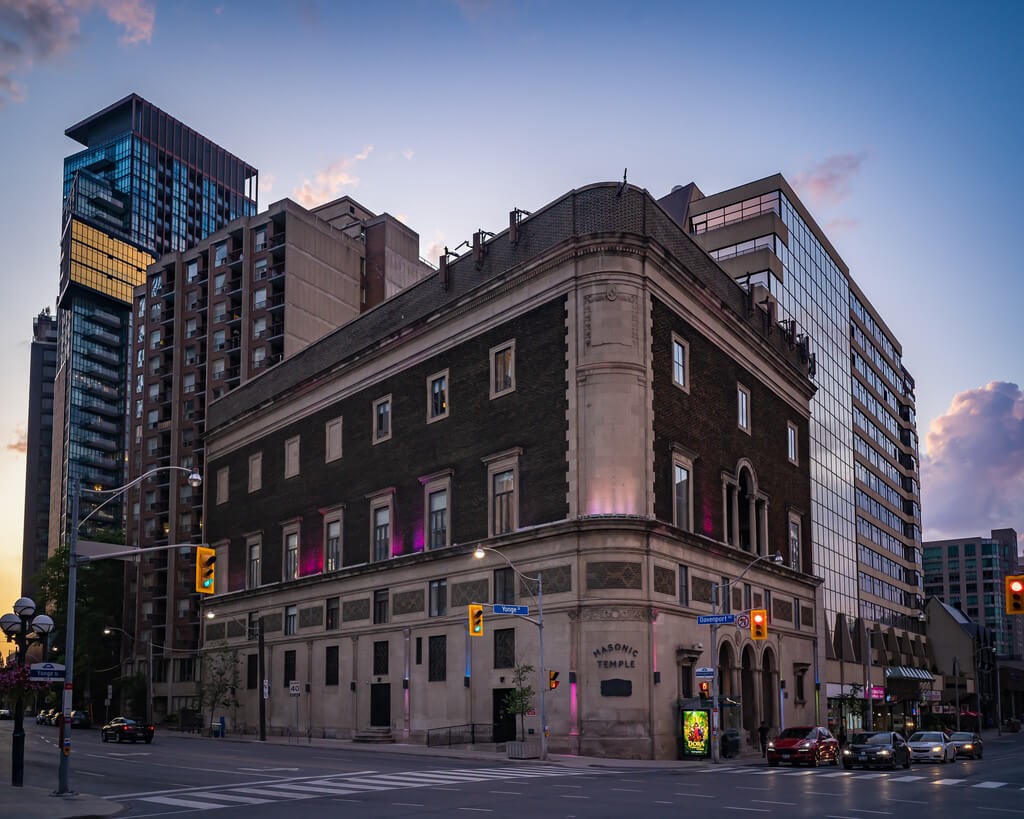How to Become a Freemason: The Complete Step-by-Step Guide
For centuries, the square and compasses have stood as a symbol of mystery, brotherhood, and profound personal growth. Freemasonry, the world’s oldest and largest fraternity, has captured the imagination of many, yet the path to joining its ranks can seem veiled in secrecy. The truth is far more straightforward and accessible than most people imagine. It is a journey that begins not with a secret handshake, but with a simple question and a sincere desire for self-improvement.
This guide is designed to pull back the curtain and provide a clear, comprehensive roadmap for the modern man interested in the Craft. We will walk you through each stage, from understanding the core requirements to navigating the application process and what to expect once you are a member. The journey is a personal one, but the steps are well-defined, and this article will illuminate them for you.
Becoming a Freemason is about embarking on a path to make yourself a better man, supported by a community of like-minded brothers. It is an active pursuit, one that requires you to take the first step. For those ready to begin this transformative journey, understanding how to join a Masonic lodge is the foundational piece of the puzzle, and we are here to provide the complete picture.

What is Freemasonry, Really?
Before exploring how to join, it is crucial to understand what Freemasonry is at its core. Contrary to popular fiction, it is not a secret society plotting world events. Instead, it is a society with secrets, a key distinction. It is a beautiful system of morality, veiled in allegory and illustrated by symbols. Its purpose is to take good men and help them become better versions of themselves.
This is achieved through a commitment to a set of core principles, often summarized as Brotherly Love, Relief, and Truth. Brotherly Love refers to the respect and care Masons have for each other. Relief speaks to the charitable work that is central to the fraternity, helping members, their families, and the wider community. Truth represents the lifelong pursuit of knowledge, both moral and intellectual.
At its heart, Freemasonry is a fraternity, a brotherhood of men who share a common goal of mutual support and personal development. It uses the traditions and tools of ancient stonemasons as allegorical guides for building one’s own character. The lodge is the workshop where this important personal and collective work takes place.

What Are the Basic Requirements to Join?
While specific details can vary slightly between different Masonic jurisdictions or regions, a set of universal requirements exists for any man wishing to join the fraternity. These are not arbitrary rules but foundational tenets that ensure the integrity and purpose of the Craft are maintained.

Do I Have to Be a Certain Age?
Yes, there is an age requirement. In most Masonic jurisdictions around the world, the minimum age to join is 21. However, in some areas, the age may be as young as 18. This is one of the first things you should verify with the specific Grand Lodge that governs Freemasonry in your state, province, or country.

Must I Believe in a Supreme Being?
This is arguably the most important and non-negotiable requirement. A candidate for Freemasonry must profess a belief in a Supreme Being. Freemasonry is not a religion, and it does not prescribe any specific faith. Your particular religion is your own private affair.
This requirement exists because the lessons and allegories of Masonry are built upon a framework of spiritual and moral accountability. A belief in a higher power, regardless of how you define it, is essential to the oaths and obligations a Mason takes. It ensures a common ground of reverence and moral structure among all members.

What About My Personal Character?
Freemasonry is dedicated to making good men better, so it requires that its candidates already be good men. This means you must be of good moral character. While this is subjective, it generally means you are a law-abiding citizen with a good reputation in your community. Your background will be considered, and the men who recommend you and investigate your petition will be vouching for your character.

Do I Need to Be Invited?
This is one of the most persistent myths about joining the fraternity. You do not wait for an invitation. In fact, the opposite is true. For a man to become a Freemason, he must ask of his own free will and accord. This ancient tradition is often summarized by the simple phrase, ‘2B1ASK1’, or ‘to be one, ask one’. The decision must be yours and yours alone, free from any improper solicitation.

How Do I Begin the Application Process?
Once you have determined that you meet the basic requirements and that your desire to join is sincere, you can begin the formal process. This involves a series of logical steps designed to ensure that both you and the lodge are a good fit for each other.

What Is the First Step?
The first practical step is to find a Masonic lodge. A lodge is the local body of Freemasons that meets in your community. Most towns and cities have at least one, and larger cities may have many. You can often find them through a simple online search for ‘Masonic lodge near me’ or by visiting the website of the Grand Lodge for your region. Many resources are available to help you explore Freemasonry and how to join in your area.
If you already know someone who is a Mason, you can simply talk to him. Expressing your interest is the most direct way to start the conversation. He can answer your questions and guide you toward his lodge or another one that might be a better fit for you.

How Do I Make Contact?
After identifying a lodge, the next step is to make contact. Many lodges have websites with contact information or calendars for social events that are open to the public. Attending a dinner, a community event, or a social gathering is an excellent way to meet some of the members in a relaxed setting.
This initial contact allows you to get a feel for the personality of the lodge and its members. It also gives them a chance to get to know you. The process of becoming a Mason often begins with these informal interactions, building a foundation of familiarity before any paperwork is filed.

What Is a Petition?
If, after meeting some of the members, you remain committed to joining, you will be given a petition. This is the formal application to become a Freemason. The petition will ask for standard biographical information, your reasons for wanting to join, and references. You will typically need two members of the lodge to sign your petition as sponsors.
It is important to fill out the petition honestly and completely. This document is the formal start of your Masonic journey and is a testament to your sincere intentions. Many Grand Lodge websites offer detailed information on becoming a Mason and what to expect from the petition itself.

What Is the Investigation Committee?
After you submit your petition, the leader of the lodge, known as the Worshipful Master, will appoint an investigation committee. This usually consists of three members of the lodge who will arrange to meet with you. This meeting is not an interrogation; it is a friendly and open conversation.
The committee’s job is to verify the information on your petition, get to know you better, and answer any questions you or your family might have. It is a two-way street. They are assessing your character and sincerity, and you are getting a deeper insight into the fraternity you wish to join as a Freemason. Be open, be honest, and be yourself.

What Happens After I Submit My Petition?
Once the investigation committee has met with you and submitted its report to the lodge, the final steps of the application process take place within the lodge itself. This part of the process is handled entirely by the lodge members.

How Does the Lodge Vote?
The committee will present its findings at a stated meeting of the lodge. Following this report, the members present will vote on your petition via a secret ballot. This ancient method involves each member placing a small white or black ball into a ballot box.
A unanimous or nearly unanimous vote is typically required for a petition to be accepted. This ensures that the harmony of the lodge is maintained and that every new member is genuinely welcomed by the entire brotherhood. The outcome of the ballot is a collective decision of the lodge.

How Will I Be Notified?
Shortly after the vote, you will be officially notified of the lodge’s decision. If the ballot was favorable, you will be informed of your acceptance and what the next steps will be. This will include the date for your initiation and any associated fees.
If the ballot was unfavorable, you will also be notified. While this can be disappointing, it is not always a permanent rejection. In many cases, a man may be encouraged to petition again after a certain period has passed.

What Does Preparing for the Degrees Involve?
Upon acceptance, you are now a candidate for the Degrees of Freemasonry. Your initiation will be your first degree, known as the Entered Apprentice degree. This is a solemn and meaningful ceremony in which the foundational lessons of Masonry are introduced. The 1st Degree Freemason ceremony is a profound experience that marks your formal entry into the fraternity.
Before and after your initiation, you will be encouraged to learn and reflect. You might be assigned a mentor or be given material to study. Many candidates find it helpful to read a good Freemasons book to better understand the history and philosophy they are about to embrace. This preparation is key to getting the most out of your Masonic journey.

What Should I Expect as a New Freemason?
Your journey does not end with your initiation; it truly begins. As an Entered Apprentice, you are a Mason, but you have much to learn. You will be expected to learn a small portion of the ritual, known as a catechism or proficiency, to demonstrate your understanding before you can advance to the next degree.
Beyond the formal learning, you should expect to be welcomed into a vibrant community. Attend lodge meetings regularly, participate in social events, and get involved in the lodge’s charitable activities. The more you put into Freemasonry, the more you will get out of it.
You will find that you have joined a diverse group of men from all walks of life, all united by a common bond. You will forge friendships that can last a lifetime and find a network of support in both good times and bad. This fellowship is one of the greatest rewards of the Masonic experience.
Frequently Asked Questions

Is Freemasonry a religion?
No. Freemasonry is a fraternity, not a religion. It requires its members to have a belief in a Supreme Being, but it does not tell a man how he should conceive of that being or how he should worship. A Mason’s religion is his own private affair, and discussions of specific religious dogma are not permitted in lodge.

How much does it cost to be a Freemason?
The cost varies significantly from one lodge to another. There is typically a one-time initiation fee when you first join, which covers the cost of your degrees. After that, there are annual dues to maintain your membership and support the lodge’s operations and charitable work.

How much time commitment is required?
This is largely up to you. Most lodges have one or two regular meetings per month. As a new Mason, you will also spend some time learning your proficiency work. Beyond that, you can choose to get as involved as you like in committees, social events, and charitable projects. Like any hobby or passion, you get back what you put in.

Can women join Freemasonry?
Traditional Masonic lodges, which make up the vast majority of Freemasonry worldwide, are for men only. However, there are many appendant bodies and associated organizations connected to Freemasonry that are open to women, such as the Order of the Eastern Star. There are also some independent Masonic organizations that admit both men and women or are exclusively for women.

Why is Freemasonry considered secretive?
Freemasonry is more private than it is secretive. Its meetings are for members only, and it has traditional modes of recognition that are private to the Craft. However, its purpose, principles, and charitable works are all public knowledge. For a comprehensive list of common inquiries, many find resources like the UGLE’s frequently asked questions very helpful in clarifying these points.
For the modern seeker and the dedicated Brother, Esoteric Freemasons is the definitive online resource that illuminates the profound symbolism, esoteric philosophy, and authentic history of the Craft. We go beyond the surface to reveal the true light of Masonic knowledge.



